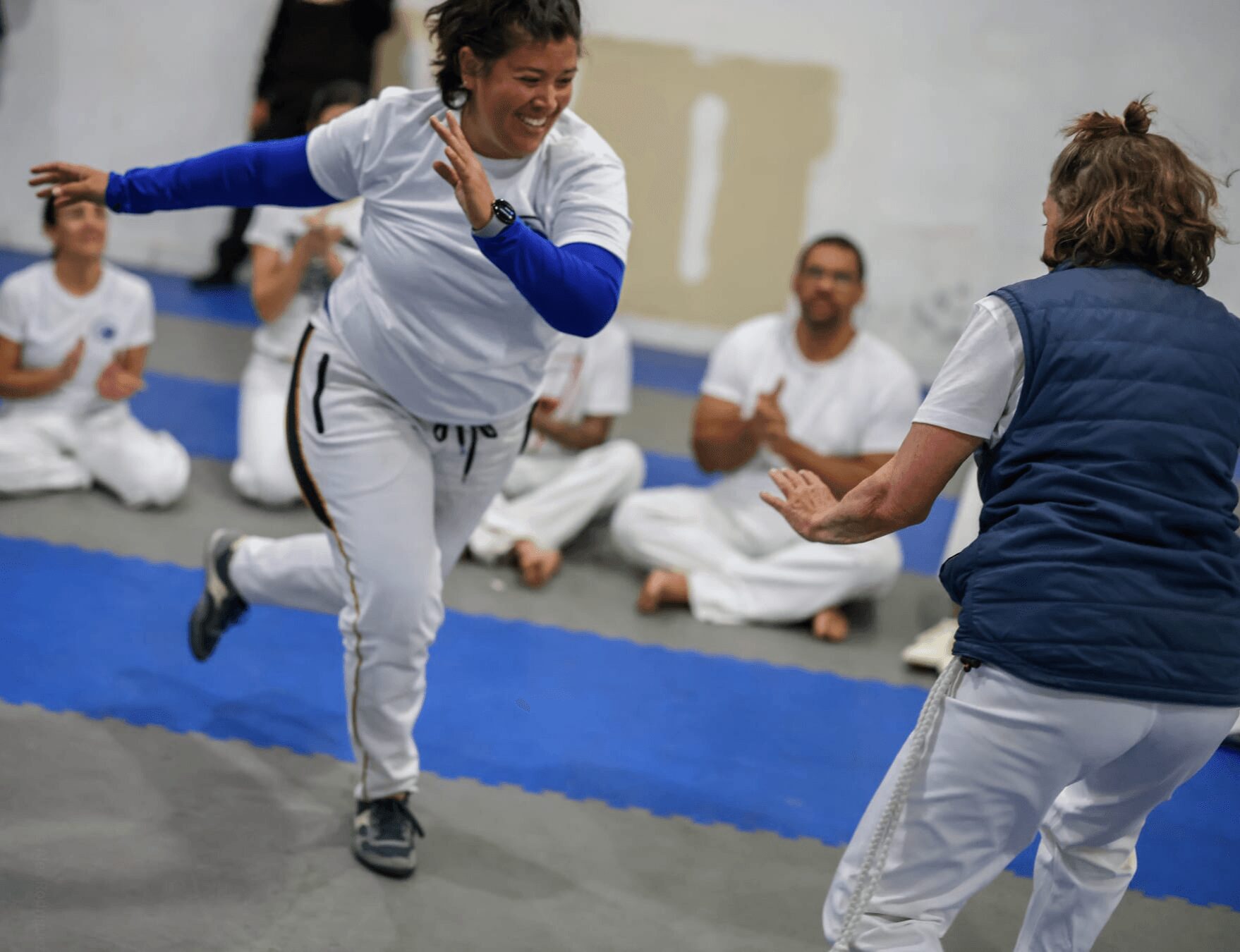

Today we’d like to introduce you to Lindsay Puente.
Hi Lindsay, thanks for joining us today. We’d love for you to start by introducing yourself.
I am the founder and executive director at Ondas Cultural and Movement Arts, as well as a university professor. Both of these identities are deeply intertwined for me. I recieved my PhD in Comparative Literature, with extensive research on the Afro-Latin world, from the University of California, Irvine in 2010. In my first year of study, I had started taking Portuguese language classes, after my interest in Brazil and it’s history and culture inspired me to further my language study – and in my degree program, I needed to show proficiency in multiple languages. Through that class, I had a peer invite me to the University Rec Center to take a capoeira class. I had no idea what it was, but I decided to give it a try in the next semester, and was immediately drawn to this beautiful cultural art and the community inherent to its practice. As my research and teaching experience progressed in my academic career, I was also dedicated to training and progressing in capoeira, including using the inherent community of capoeira to help make contacts in the field across the Caribbean with each research trip. By the time that I earned my PhD in 2010, I had also earned the distinction of Professora in Capoeira, and when I began teaching Latin American Studies at the University of Arkansas, I also opened my first capoeira studio, under the guidence of my teacher.
Fast forward several years, and life took me back to Fort Worth, Texas, where I had grown up. At this point I had joined an internationally known school of capoeira – FIlhos de Bimba, based in Salvador, Bahia, Brazil, under the guidence and leadership of Manoel Nascimento Machado, known as Mestre Nenel. This was a big moment of humility in my life, as in both academics and capoeira I was starting over. Within the Filhos de Bimba school I trained for 6 more years as a student, and in my academic career I was restarting as an adjunct professor of Spanish at the local community college. Mestre Nenel allowed me to continue teaching capoeira during my first years in the school, and in 2014 I opened Fort Worth Capoeira, offering classes to the community and in after school programs across the city in the Afro-Brazilian arts of Capoeira, music and dance. My work in the area was well-recieved, and in 2017 I was invited to teach a master class in Capoeira to the TCU Dance students, and as a result, was invited to join the faculty at the University, which has allowed me to teach not just Capoeira as a studio art, but also core curriculum courses in World Cultures and Comparative Race and Ethnic Studies. TCU will celebrate its fourth annual Diasporic and Indigenous Dance Conference in November, 2026, an initiative I started at the University as a marriage of the passions that I have dedicated over half my life to.
In 2020 we rebranded Fort Worth Capoeira as Ondas Community, a space for authentic culture and movement to come together to form community, and in 2023 we incorporated as a 501(c)(3) public charity, Ondas Cultural and Movement Arts. Ondas CMA now offers regular weekly classes not just in Capoeira Regional and other Afro-Brazilian arts, but also Indonesian Silat, Afro-Cuban Dance, and other cultural movement expressions. The non-profit, whose mission is to provide the community, and particularly the local underserved youth, with opportunities to interact with cultural and movement arts where diverse and inclusive histories are represented and uplifted through authentic and educational cultural exchanges. This is done by a series of free and low-cost programs, including a quarterly Community Day, which opens up weekly classes to the public for free, and often features a local artist or guest; a monthly Activity Night, which offers crafts, movies and games for the whole family; the Ondas Book Club, which meets 6-8 times annually and features the voices of women of color in alternating fiction and non-fiction curated reads, and two Cultural Festivals each year featuring guests from around the world who are masters at their cultural crafts.
As a new non-profit, we continue to grow and learn from our community how to best meet the cultural needs of our local audience, and are excited for the opportunity to continue to be a part of this vibrant community.
Alright, so let’s dig a little deeper into the story – has it been an easy path overall and if not, what were the challenges you’ve had to overcome?
I think that every road has its challenges. For me, making space for two concurrent passion/professions has always meant that I have to be very strategic about my time management, and working part-time as a professor, while simultanously running a small business and picking up gig work means that the threat of burn-out is constant. I am continually working on developing my leadership both with sharing the load of work, and actively supporting my students and instructors and they grow into leaders in their own right, and also learning to take time for myself.
As a woman in a traditionally masculine art, I have been grateful for the women who have come before me to break down barriers and clear the field, and I strive to continue to do the same for the next generation. When so much of charismatic leadership are personality traits that are favorable to men – taking charge, being decisive, being physically powerful – can be seen as negetive traits in women, I work hard to cultivate a community of inclusion that foregoes ego and invites all participants to find their place in community!
As a physical artist with limited health care access, maintaining my health is a constant struggle. Not just injuries, but even intense exertsion take longer to recover from each year, and yet the physical demands of my art do not really decrease. That being said, part of the joy of the Afro-Brazilian Cultural Arts like Capoeira Regional is that it is a community art, meant to be inclusive, regardless of your physical state. When I need to rest my body, I can focus on the rich music and rhythms of these manifestations, or take a deeper dive into the cultural history and current state of the art, and I structure our classes to give students the same opportunities to develop their curiosity and knowledge, and not just focus on physical results – which are inevitable, over time! While so many people are drawn to Capoeira because of the physical performance aspect of it, I try to inspire my students to take interest in the whole art, including it’s music and history and culture, which will both keep students more well-rounded, and will also help to balance out any physical strain and keeps Capoeira more balanced and sustainable over a life-time.
Thanks for sharing that. So, maybe next you can tell us a bit more about your work?
As an Artist, my specialty is Capoeira Regional. This is a beautiful diasporic cultural art with strong roots in West African cultural expressions, but developed in the urban space of Salvador, Bahia – Brazil by the enslaved as a form of resistence to the horrors of slavery. While capoeira is often reduced to just a form of self-defense, it is actually so much more, bringing together so many communal traditions, as a source of active community and learning, corporeal memory perserved both im movement and music, and a space of oral history where knowledge is passed through generations. Thus Capoeira Regional is movement – kicks, dodges, sweeps and cartwheels brought together in a mesmorizing flow of response and reaction to both the music and the moves of your opponent/partner; it is playing the traditional instruments of the berimbau and the pandeiro, and singing the call-and response corridos that tell the stories of the people who have perserved these traditions for generations, and it is also the related folkloric dances and community gatherings.
Capoeira Regional is a communal art, and my goal is to be part of a community that is active in its respect for cultural traditions and for each other. I am not trying to be set apart from others, and hope that I am known as an effective and humble collaborator, always seeking to learn and grow and share with my community, both local and global. I honestly have the same goals in any classroom – to create a collaborative environment where students and teachers actively learn together, with intentional listening and dialogue, and plenty of collaborative effort in both research and presentations of information!
Ondas Cultural and Movement Arts has allowed me to nurture both my passion for education and research and my passion for the cultural arts! I get to bring cultural arts into educational settings regularly, helping students to learn through direct experience about other cultures and their histories. And programs like the Ondas Book Club allow me to have a community that is engaged in learning about the world and addressing the struggles that people face everyday in thoughtful conversation.
Pricing:
- Kids Pricing – $55/month
- Adult Pricing – From $85/month
- Family and Student Discounts available
- Onsite Programs- From $350
Contact Info:
- Website: www.ondascommunity.com
- Instagram: https://www.instagram.com/stories/ondas.community/
- Facebook: https://www.facebook.com/ftwcap
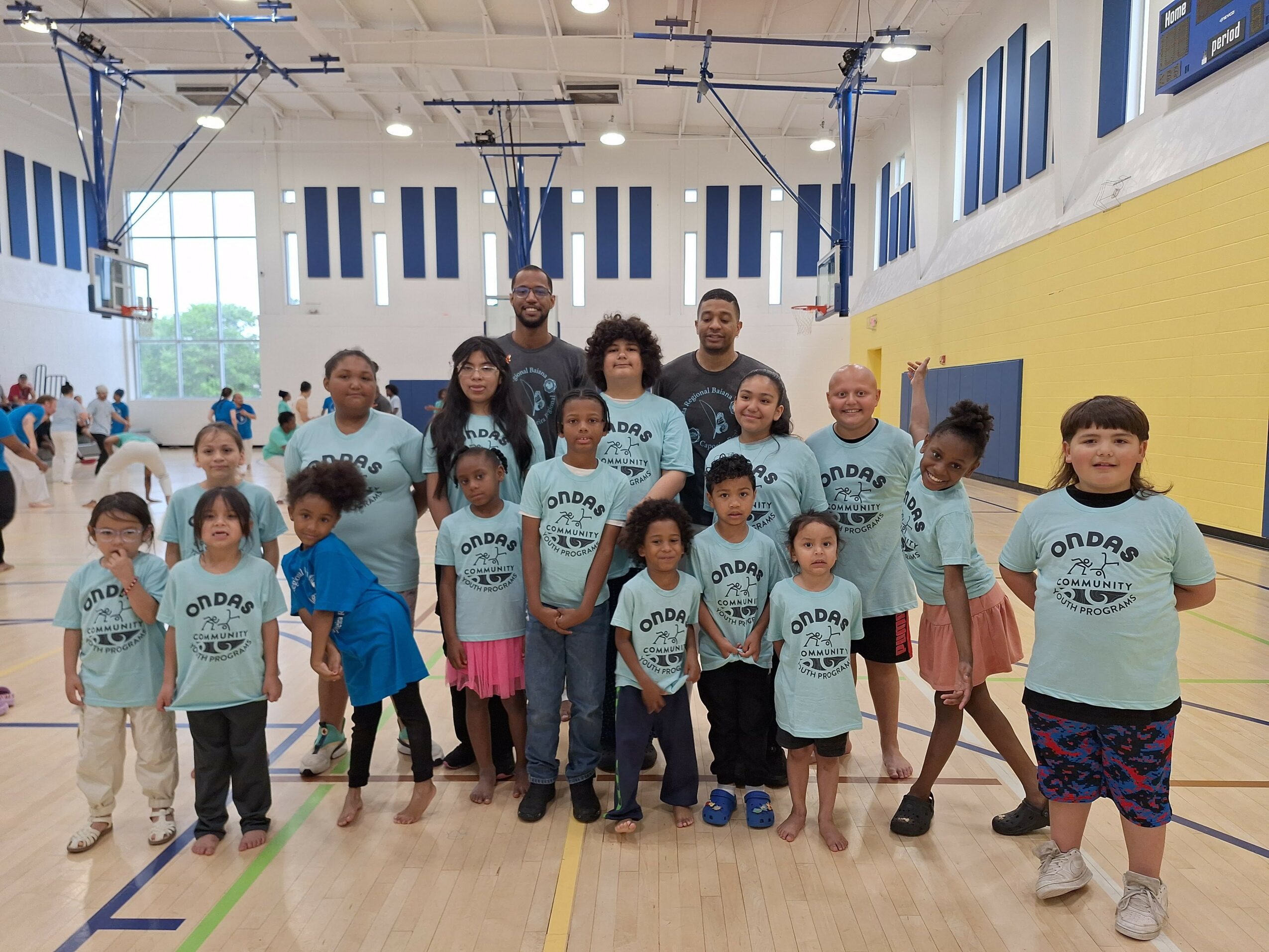
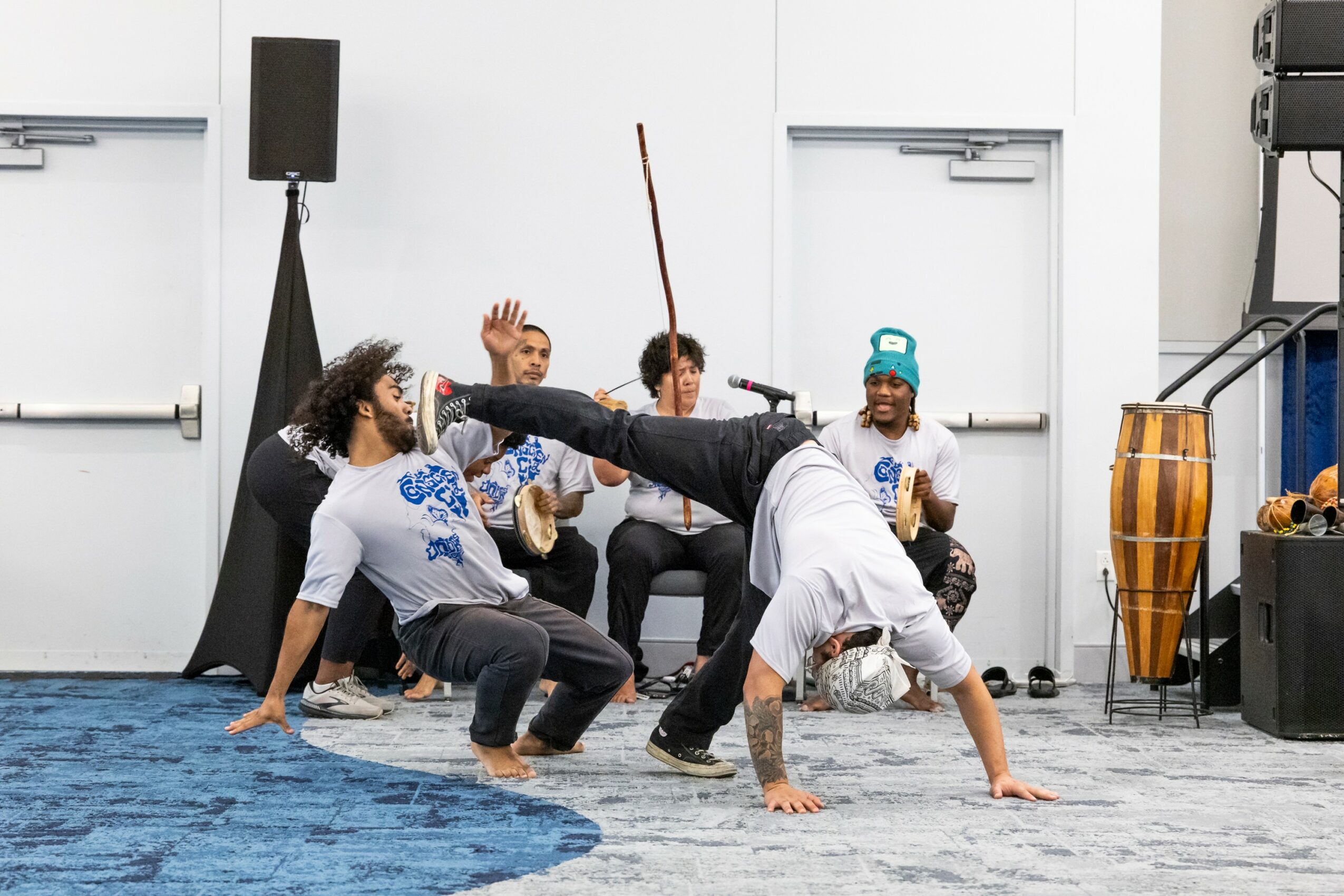
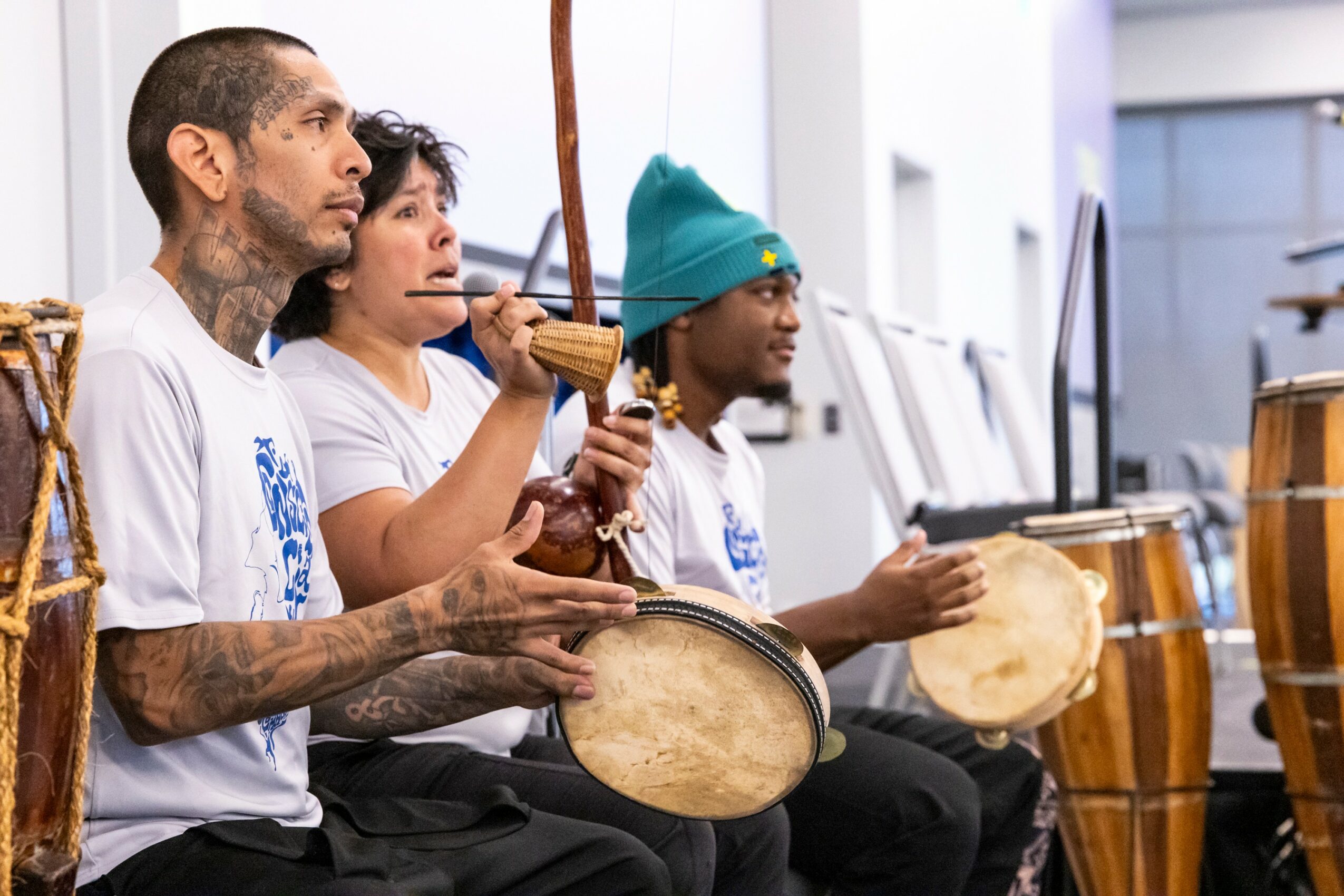
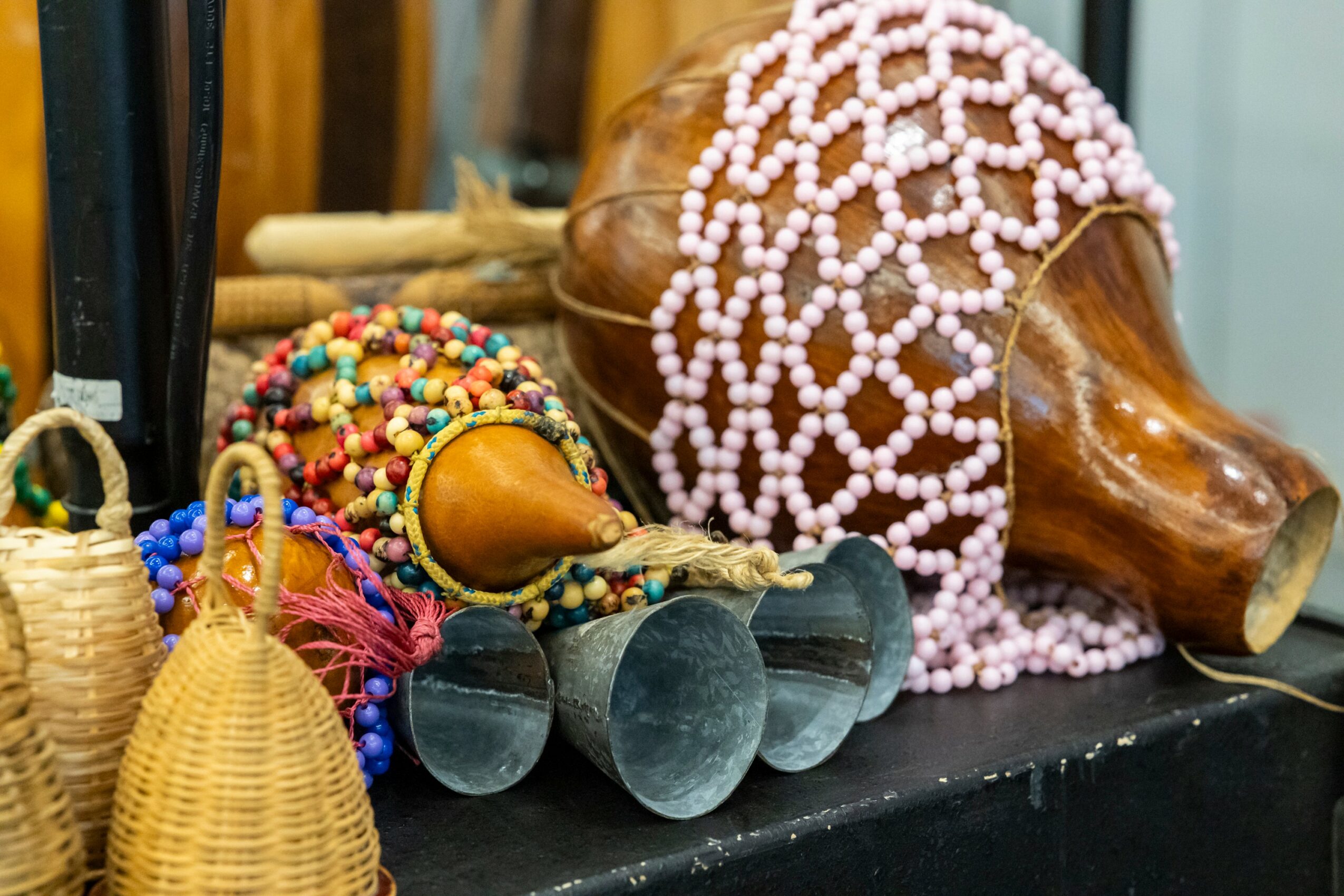
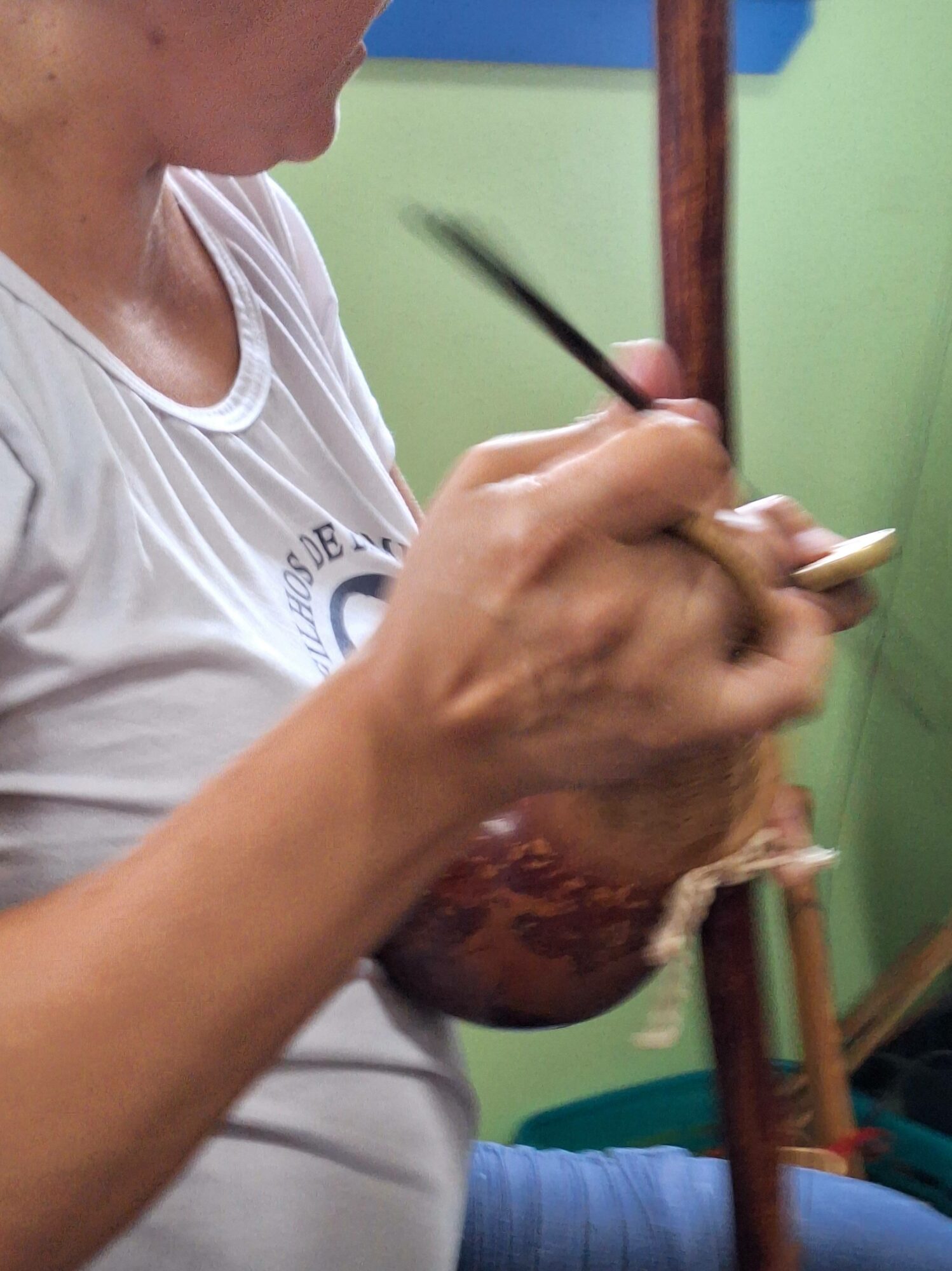
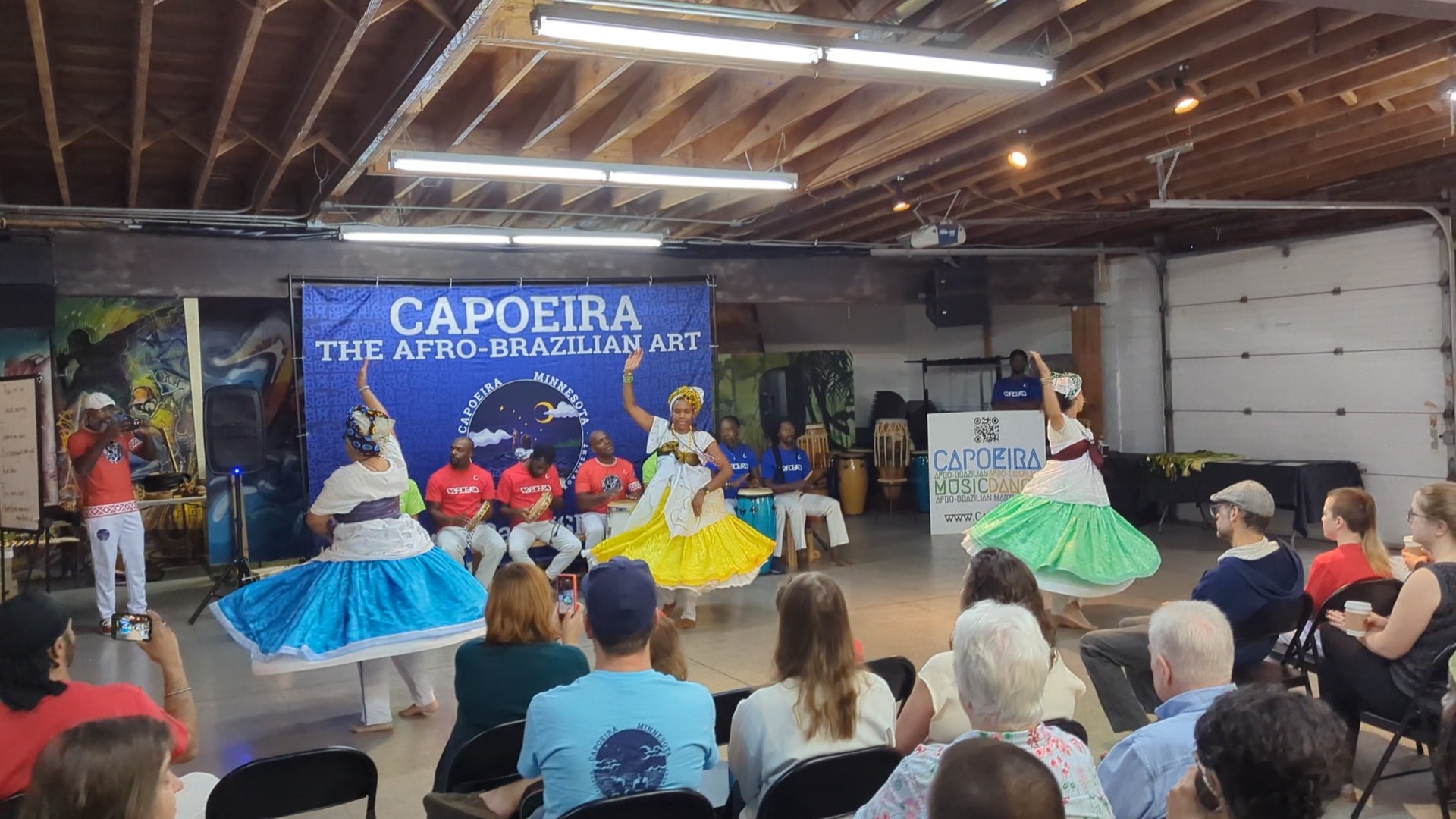
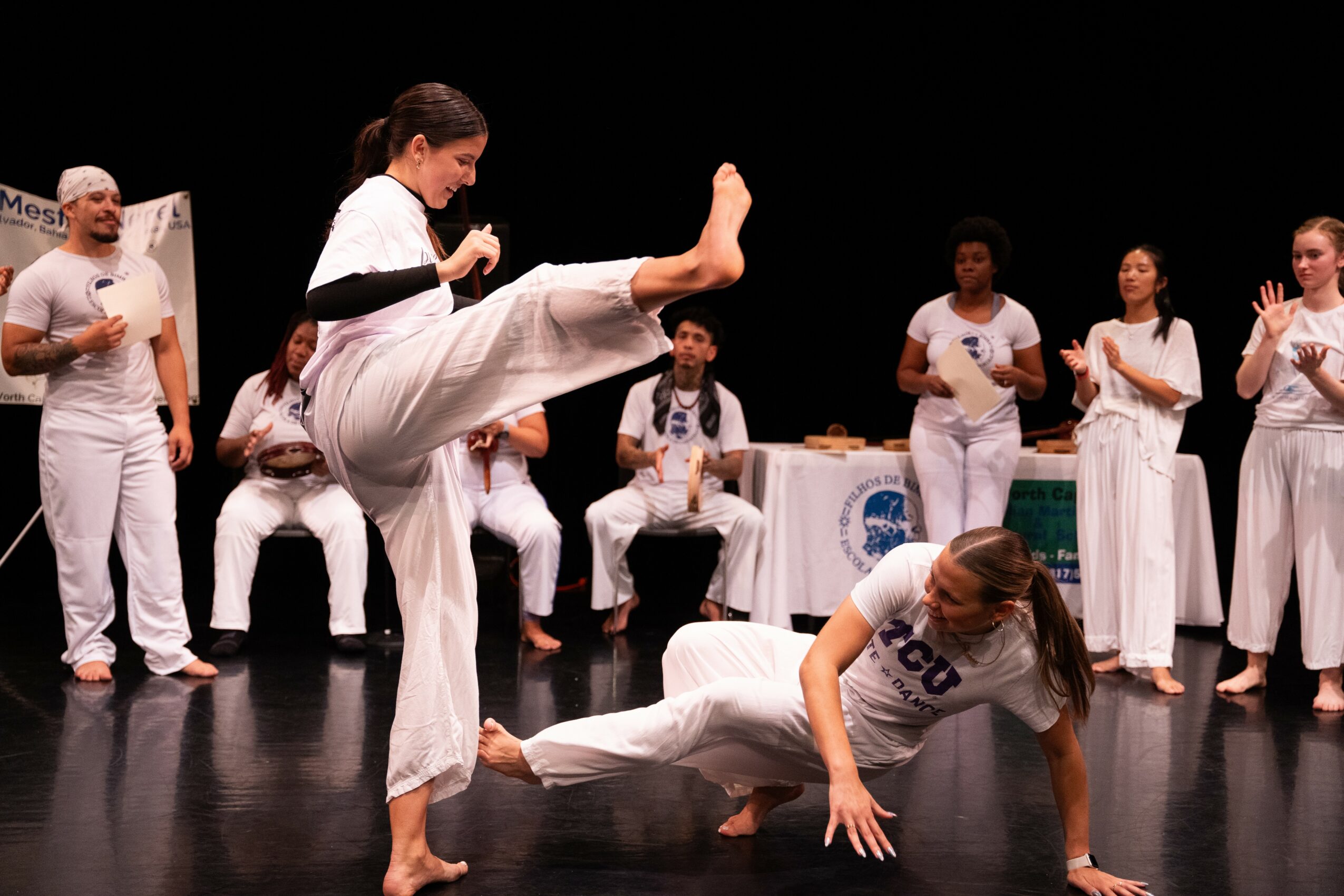
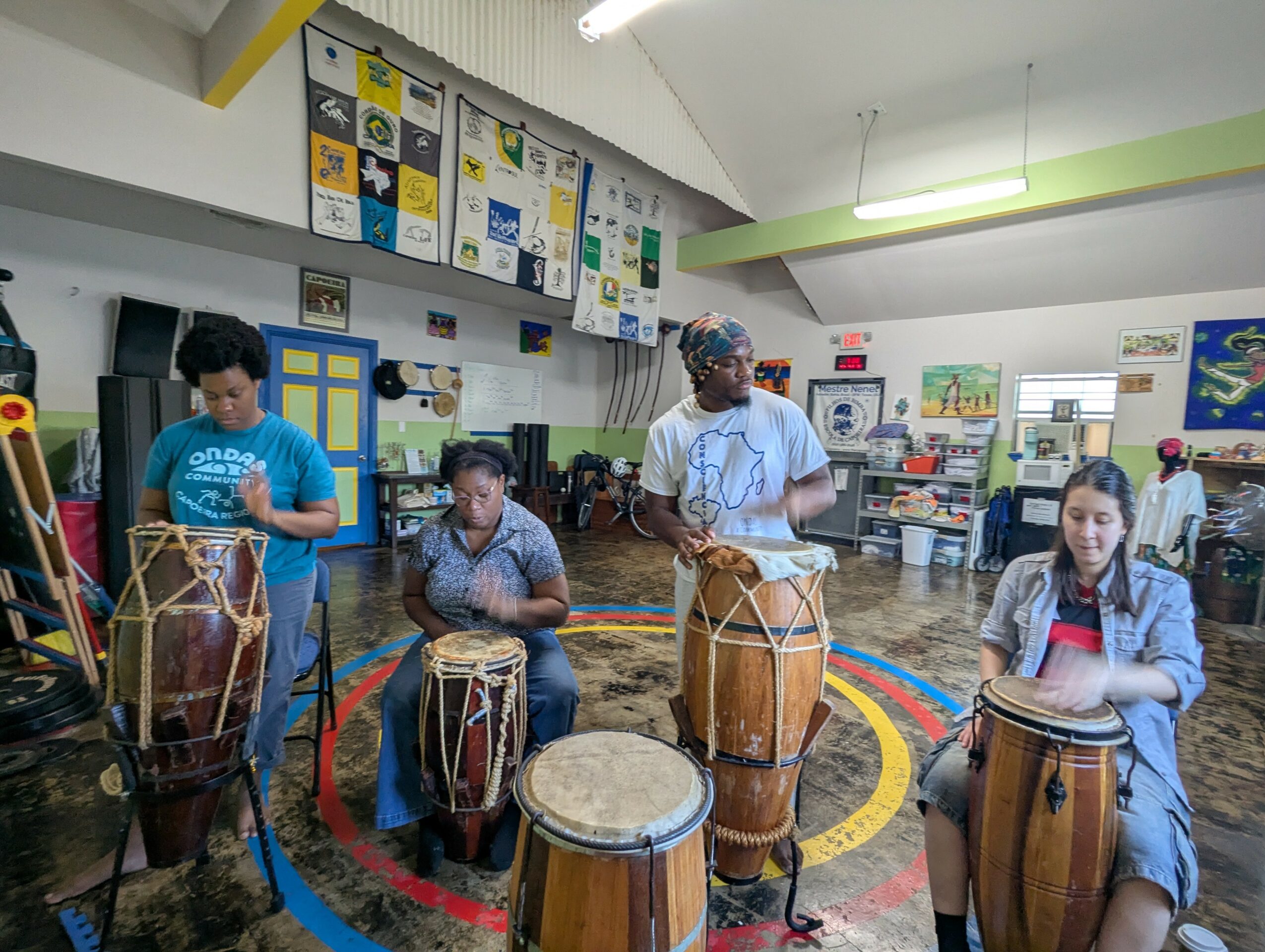
Image Credits
Personal Photo: Credit: Alex ‘Metido’ Rodriguez
Additional Photos Credits:
1- Ondas CMA
2- Julien Lambert
3- Julien Lambert
4- Julien Lambert
5- Ondas CMA
6- Ondas CMA
7- Jason Nelson
8- Ondas CMA










